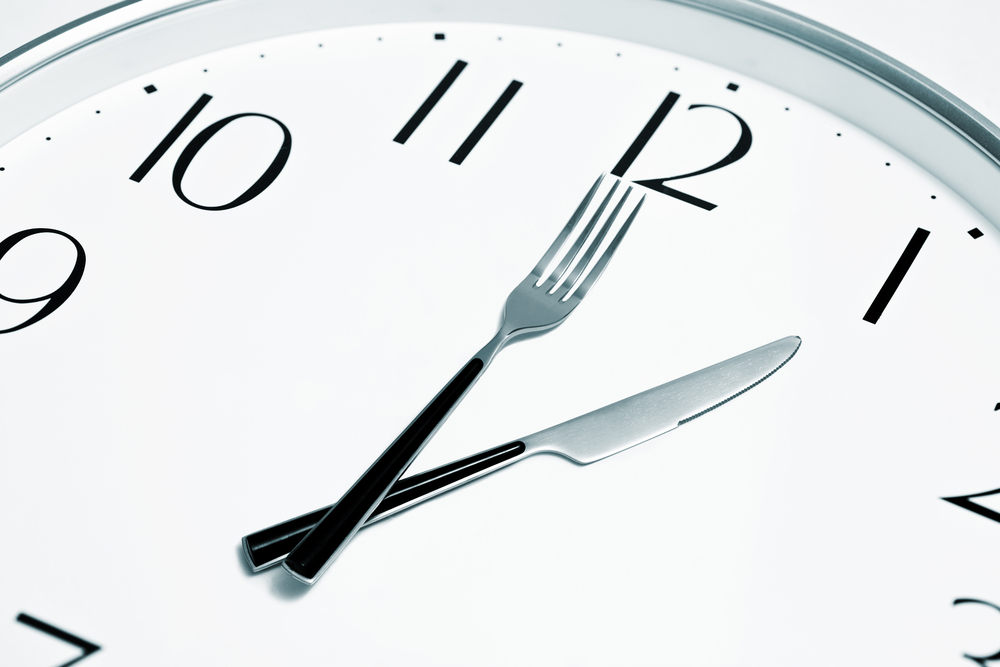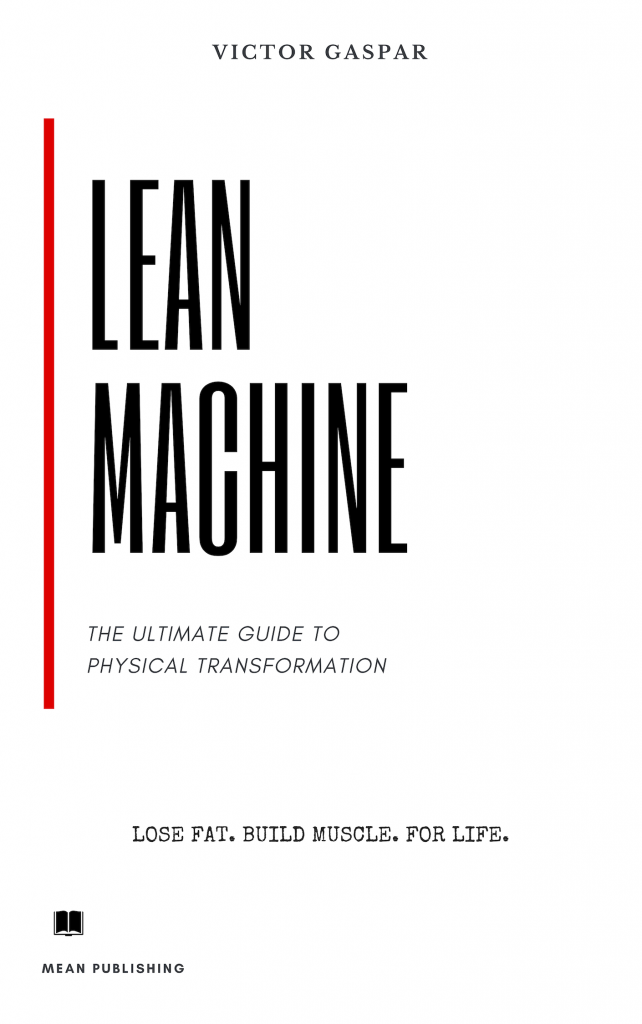
I was 24 years old.
At that point in my life, I spent the majority of my time training or thinking about training.
My days revolved around Muay Thai training, strength and conditioning work, watching Two and a Half Men and trying to eat a healthful diet (although, back then I had no idea what that actually meant. Now I do).
I was busting my ass in the gym 6-7 days/ week. You’d think with a routine like that I’d be in phenomenal shape. But you’d be wrong.
As I got deeper into preparation for upcoming fights, I’d get sick. Constantly.
Nothing major, but upper respiratory tract infections were my new norm. I was running around with a permanent sore throat and congested nose. At one point, I had to skip training every other week due to feeling like absolute garbage.
After repeating this cycle for months on end, I finally got the message. Something was off (way off). But I had no idea where I went wrong.
I tried all kinds of remedies along the way, from taking multivitamins, emphasizing rest and recovery techniques, to eating as clean as I could.
All to no avail.
Every time I pushed hard in training, I’d get kicked back to square one. My approach obviously wasn’t working. But I was hellbent on changing that.
Eating Like a “Warrior”
I began researching the digestive, immune and endocrine systems, different dietary approaches and supplements to address my situation. It was at that time, I stumbled across a book called the “Warrior Diet”. A very radical approach to eating (and living really).
The more radical the better, I thought.
The diet revolved around eating one main meal at night, with minimal food intake (e.g. fruit, veggies, small amounts of protein) throughout the day.
Ori Hofmekler, the author of the book, argued that as humans, we had adapted to a nocturnal eating pattern. According to him, the body was programmed to be alert and on the move (fight or flight) during daytime and resting, digesting and recovering at night (feed and breed).
It was the first time I heard of the concept of balancing anabolic with catabolic activity (we’ll talk about this later).
As intriguing as it sounded on paper, I was highly skeptical. His teachings were the polar opposite of what I had learned over the years. They were the opposite of “Eat every 2-3 hours”, “6 small meals a day”, “Eat X amounts of protein”, “If you don’t eat breakfast you’ll lose all your muscle”, and other myths clouding the fitness world.
Unquestionably, a major departure from what I considered a “performance diet”. But following the status quo didn’t cut it for me. I needed a different solution. So I started minimizing food intake during the day and eating one main meal at night.
The results were incredible.
I felt great throughout the day, my digestion didn’t bother me anymore, my workouts were better than ever and I slept like a baby. Furthermore, my immune system appeared to be rejuvenated (I didn’t get sick in 2 years) and I had energy for days.
In short, my physical and mental performance was at an all-time high. I felt indestructible.
But, as to be expected, this rather extreme approach too would fail me. Granted, it took a while to catch up to me, but I was left looking for an out nonetheless.
Embrace the Deficit
So why did this diet work so well for me initially, and why are intermittent fasting protocols now a staple in the fitness and health community?
Negative energy balance.
Today’s fitness ideology revolves around always doing more. Eating more, training more, supplementing more. As the body grows bigger, it’s never given an opportunity to rest, recharge and take out the trash.
Eating throughout the day isn’t the issue. Eating multiple meals isn’t the issue. Improper food combining isn’t the issue. Eating too much is. The chronic energy surplus is the bane of modern man.
Periodic undereating/ fasting benefits:
- Higher insulin sensitivity and better nutrient partitioning
- Immune support through a decrease in oxidative stress
- Hormonal optimization through a boost in growth hormone and androgen receptor sensitivity
- Improved brain health through a boost in BDNF (brain-derived neurotrophic factor)
The body thrives under acute physical stress.
Intense exercise, periodic undereating/fasting, exposure to very cold temperatures – These stressors trigger primal physiological adaptations that maximize our survival capacity.
Fasting has shown to boost growth hormone levels, while simultaneously increasing androgen receptor sensitivity. In response to that lack of food, the body amplifies the production of adrenal hormones and the mobilization of fatty acids for energy.
You’re alert. Focused. Clear. Ready to go.
In addition to that, insulin sensitivity goes up as you lower meal frequency (and subsequently caloric intake), which has many health benefits from lowering the risk of cardiovascular disease and type 2 diabetes, to improving hormonal health.
Your body becomes more efficient at processing and partitioning the nutrients you eat, and this may ultimately improve body composition and facilitate better performance.
The Downside of Undereating
Temporarily restricting food intake has many well-documented health benefits. Chronic undereating, on the other hand, comes at a cost. A price I wasn’t willing to pay anymore.
After close to 2 years of consuming one meal a day, the Warrior Diet lost its initial magic. I was getting weaker, feeling anxious for no reason, and my big dinners wouldn’t satisfy me anymore. Sex drive was also noticeably decreased. I was starting to fade.
Calling it quits didn’t enter my mind, though. I had, after all, improved massively and didn’t want to go back to old habits. By the time I was through with the warrior way of eating intermittent fasting had become a massive trend in the fitness industry. More and more people were welcoming the increased freedom and physiological benefits brought on by a decrease in meal frequency.
I still had to figure out how to make it work for me, though. And in part 2 of the intermittent fasting series, I will tell you how I did it. Stay tuned and as always…
Thank you for reading
Victor
Resources
Anson, R. Michael et al. Intermittent Fasting Dissociates Beneficial Effects of Dietary Restriction on Glucose Metabolism and Neuronal Resistance to Injury from Calorie Intake. Proceedings of the National Academy of Sciences of the United States of America 100.10 (2003): 6216–6220. PMC. Web. 23 Oct. 2016.
Brown J. E., Mosley M., Aldred S. Intermittent fasting: a dietary intervention for prevention of diabetes and cardiovascular disease? The British Journal of Diabetes & Vascular Disease. 2013;13(2):68–72.
PS:

The statistics don’t lie.
9 out of 10 dieters fail to lose weight and keep it off.
Don’t be part of the statistics.
Download LEAN MACHINE right now and uncover the secret science behind Physical Transformation.
The strategies and tactics in this book have transformed hundreds of people (check out these testimonials).
People like yourself. People with jobs. People with responsibilities.
People who do not want to give up their lives in order to get leaner, stronger and better.
And now these breakthrough strategies are available to you.
Hi Victor,
Where is the second part of this blog?
It’s in the workings.. stay tuned
Hey man great website, im doing OMAD right now and im desperate for Part 2? Can you please link it.
Take care
Bruno, part 2 will be released this week. Until then I can tell you this: OMAD is not the answer you’re looking for.
I’m also interested in the second part of the IF-series,
thanks for your work Victor!
I’ve tried both IF and OMAD for a month and realized it wasn’t for me. What worked was 3 small meals. No calories between meals.
Sounds like a good approach. Anything radical will cost you in the end.
Hello again.,
My body wanted to keep going back to OMAD. But my mind kept saying no do to bro-science. I’ve seen following benefits on OMAD,
Faster reflexes. Noticed breathing is better…more relaxed. Mind is focused (I work in a call center). Less anxiety/fear including to phobias. I feel taller. Eyes don’t burn or feel dry. Bright natural light doesn’t bother me as much anymore. After using the restroom, no smell and wipe clean. Energy and mood are level (no crashes) even at night. Body composition looks more toned. I feel stronger (lifting water dispenser bottles). psoriasis and cuts heal fast. Have more self control (less alcohol and caffeine). No bloated or gaseous feeling. I now want to achieve more, make a difference in my life and learn new things. If week one goes well. Also in the past, had cold/flu like symptoms, did OMAD and got better a lot faster. Congestion disappeared a lot faster. I can eat foods I’m allergic to occasionally (dairy proteins & gluten) without major issues.